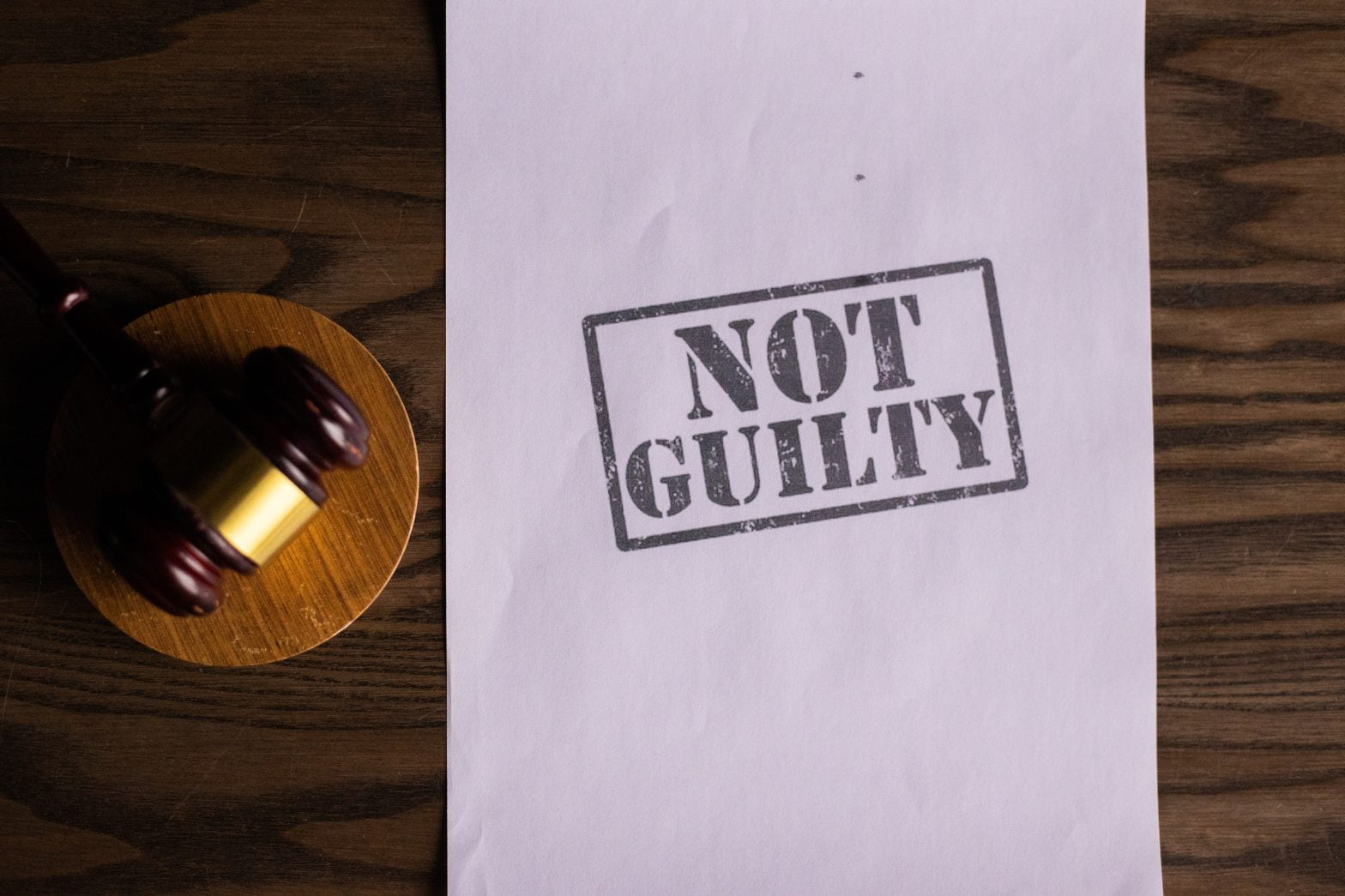
Examining Key Factors in Case Verdicts
Case verdicts are pivotal moments that determine the outcome of a dispute or legal matter. Various factors come into play when reaching a verdict, and understanding these factors is crucial for legal professionals and individuals involved in legal proceedings. A thorough examination and contemplation by the jury prevents making wrong decisions and creating legal loopholes. Today in this article, we will delve into the key factors that influence case verdicts, shedding light on the elements that shape legal outcomes.
Evidence and Documentation
The strength and quality of evidence presented during a case play a vital role in influencing the verdict. Courts heavily rely on factual evidence, witness testimonies, expert opinions, and documents to establish the facts surrounding the case. The credibility, relevance, and admissibility of evidence can significantly impact the weight it carries in swaying the judge or jury’s decision.
Legal Arguments and Precedents
The skillful presentation of legal arguments by attorneys is essential in shaping case outcomes. Lawyers analyze relevant laws, statutes, regulations, and prior court decisions (precedents) to construct persuasive arguments that support their client’s position. The interpretation and application of the law, along with the ability to counter opposing arguments effectively, can significantly influence the verdict.
Witness Testimonies and Expert Opinions
Witness testimonies and expert opinions provide firsthand accounts or professional insights into the facts of a case. Their credibility, consistency, and relevance to the issues at hand can greatly impact the decision-making process. Judges and juries assess the reliability of witnesses and experts, considering factors such as their demeanor, expertise, consistency, and potential biases. It is not uncommon for courts to employ different medical or other professionals for examinations or insights. It always adds more value to the case at hand.
Jury Deliberation
In cases where a jury is involved, their deliberation is a critical factor in reaching a verdict. Jurors discuss and evaluate the evidence, arguments, and instructions provided by the judge before arriving at a unanimous or majority decision. Factors such as jury composition, deliberation dynamics, interpretation of instructions, and individual biases can influence the final outcome.
Judge’s Instructions and Legal Principles
The judge’s role in instructing the jury and guiding the legal process is paramount. Judges provide instructions on legal principles, burdens of proof, standards for determining guilt or liability, and the rules of law that apply to the case. The clarity, accuracy, and fairness of these instructions shape the jury’s understanding of the case and can impact the verdict.
Credibility and Presentation
The credibility and persuasiveness of the parties involved, including their attorneys, witnesses, and experts, can significantly impact the verdict. A party’s ability to present their case coherently, engage the judge or jury effectively, and demonstrate credibility can influence how their arguments and evidence are received.
Emotional Appeal and Public Perception
While legal decisions are ideally based on the law and evidence, emotional appeal and public perception can sometimes influence the verdict. High-profile cases or those with significant social implications may face public scrutiny, which can indirectly impact the outcome. Emotions, sympathy, or public sentiment may affect the decision-making process, particularly in jury trials. Usually, in individual cases, such complications don’t occur. However, in public cases, exceptions can occur and decisions may very well be either changed or taken back.

